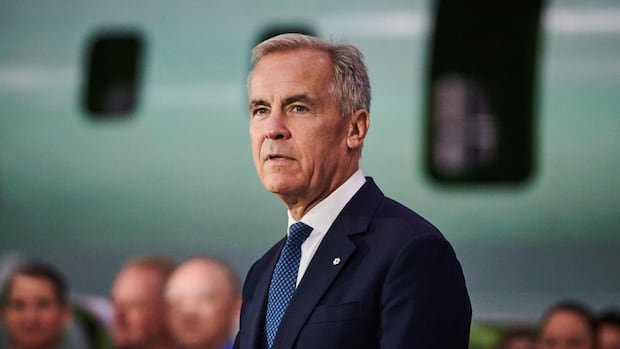Mark Carney’s recent announcement regarding the delay in the federal government’s zero-emission vehicle mandate implementation signifies a step back in climate policy by the new prime minister. This decision, seen as a concession to Conservative Leader Pierre Poilievre’s persistent calls to scrap the policy, was criticized by Poilievre as a hesitant retreat rather than a definite reversal.
Carney revealed that the ZEV sales mandate will undergo a 60-day review, leaving uncertainties about its fate. This mandate, designed to reduce greenhouse gas emissions in the transportation sector, is now part of a comprehensive assessment to develop a new “climate competitiveness” strategy.
The ZEV mandate, also known as the electric vehicle availability standard, outlines increasing sales targets for automakers in Canada. Challenges with the policy were exacerbated by the expiration of the EV consumer rebate under the previous administration, leading to a decline in sales. External factors such as American tariffs on the automotive sector added pressure on the industry, prompting calls for relief.
While Carney has hinted at a potential overhaul of climate policies, including the ZEV mandate, its future remains uncertain. Various stakeholders suggest alternative approaches, such as incentivizing EV sales, promoting charging infrastructure, and potentially lowering tariffs on Chinese-made EVs, to address market competitiveness and consumer demand.
Carney’s climate strategy, influenced by his prior focus on combating climate change, faces scrutiny following the rollback of the consumer carbon tax and the review of the ZEV mandate. As the government navigates evolving climate challenges, stakeholders emphasize the need for a swift and evidence-based review of climate policies to address pressing environmental concerns and maintain the country’s climate objectives.

